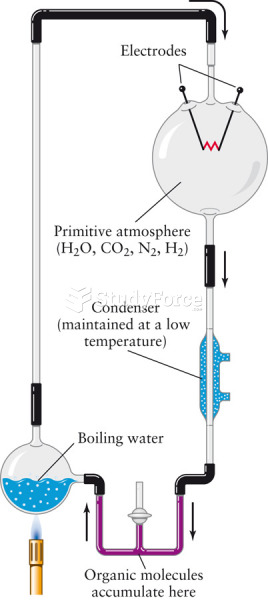Answer to Question 1
Implied authority
A settlement agreement is most likely enforceable when a client authorizes his or her attorney to negotiate a final deal, even if the client does not literally consent to all the final negotiated terms. For example, if a client instructs his or her attorney to settle a case within certain parameters, and the attorney settles the case according to those instructions, the agreement would not be unenforceable merely because the client had not consented to the final negotiated terms. The attorney-client relationship alone, however, without some additional indication of client authorization, is not enough to create a binding settlement agreement. Thus, in Gravens v. Auto-Owners Insurance Co., 666 N.E.2d 964 (Ind.App. 1996), an Indiana state intermediate appellate court held that a settlement agreement into which an attorney entered could not be enforced against a client who had not consented to be bound by it. In that case, the client had not given the attorney the authority to settle the claim. In Red Arrow (this case), a different panel of the same court stated that an attorney has apparent authority to dismiss a case, to allow judgment against the client, and to do all things ordinarily done with respect to the litigation for which the attorney was hired, including settling a claim without the client's consent. The court held that when an attorney enters into a settlement agreement without his client's consent, the agreement is enforceable against the non consenting client. Citing the correspondence between the attorneys, the court affirmed the lower court's judgment.
Answer to Question 2
FALSE







